detail profile norikazu takeda
Peran Yang Di Mainkan Norikazu Takeda
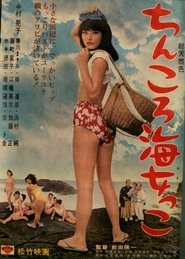 South of Tokyo is a small...
South of Tokyo is a small...The Abalone Gals 1965
South of Tokyo is a small island until quite recently relatively unchanged since feudal times. Now, however, it is being made into a tourist's playland and the girls, who had been abalone divers, now become geisha, and the old ways of the island are all topsy-turvy. One of the girls, more sensitive than the rest, sees that here, too, people are motivated only by greed and decides to leave and try to find a better life elsewhere.
 A lighthearted take on director Yasujiro...
A lighthearted take on director Yasujiro...Good Morning 1959
A lighthearted take on director Yasujiro Ozu’s perennial theme of the challenges of intergenerational relationships, Good Morning tells the story of two young boys who stop speaking in protest after their parents refuse to buy a television set. Ozu weaves a wealth of subtle gags through a family portrait as rich as those of his dramatic films, mocking the foibles of the adult world through the eyes of his child protagonists. Shot in stunning color and set in a suburb of Tokyo where housewives gossip about the neighbors’ new washing machine and unemployed husbands look for work as door-to-door salesmen, this charming comedy refashions Ozu’s own silent classic I Was Born, But . . . to gently satirize consumerism in postwar Japan.
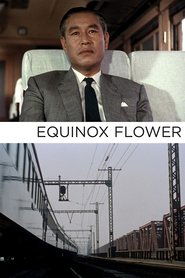 Wataru Hirayamas outwardly liberal views on...
Wataru Hirayamas outwardly liberal views on...Equinox Flower 1958
Wataru Hirayama's outwardly liberal views on marriage are severely tested when his daughter declares that she is in love with a musician and is adamant to live life her own way, instead of agreeing to an arranged marriage. Outwitted by his female relatives, Hirayama stubbornly refuses to admit defeat.
 A young Tokyo salary man and...
A young Tokyo salary man and...Early Spring 1956
A young Tokyo salary man and his wife struggle within the confines of their passionless relationship while he has an extramarital affair.
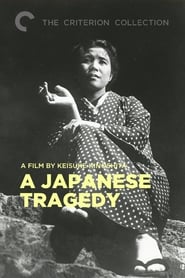 At the close of the war...
At the close of the war...A Japanese Tragedy 1953
At the close of the war in Japan, a widowed mother makes every possible sacrifice to bring up her ungrateful son and daughter who are unimpressed with their poor standard of living at home. They gradually reject her in search of the material comforts that working as a maid cannot provide. The mother's despair becomes interminable.

 A vengeful contractor hires a series...
A vengeful contractor hires a series...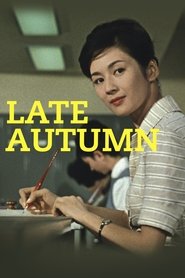 A woman and her daughter are...
A woman and her daughter are...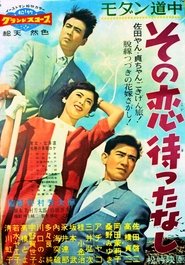 A road trip comedy set against...
A road trip comedy set against...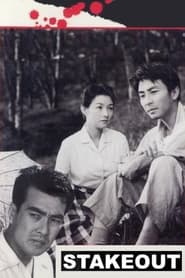 Two detectives begin a stakeout based...
Two detectives begin a stakeout based... A talent scout moves sharply deadset...
A talent scout moves sharply deadset... A group of rankandfile Japanese soldiers...
A group of rankandfile Japanese soldiers...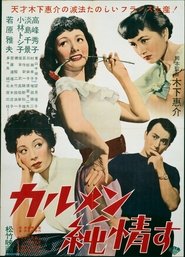 Strip dancer Carmen falls in love...
Strip dancer Carmen falls in love...